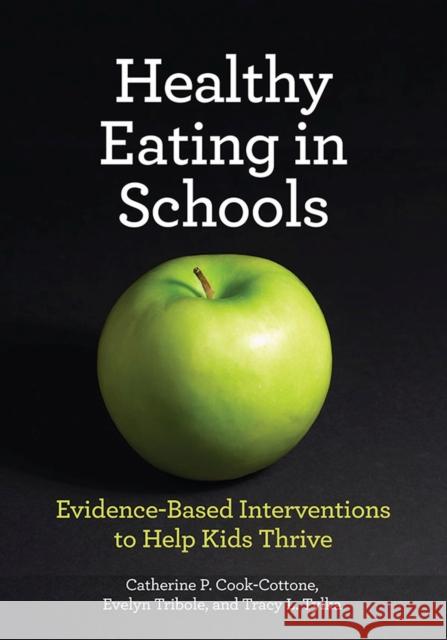Healthy Eating in Schools: Evidence-Based Interventions to Help Kids Thrive » książka
Healthy Eating in Schools: Evidence-Based Interventions to Help Kids Thrive
ISBN-13: 9781433813009 / Angielski / Twarda / 2013 / 288 str.
Concern over increased childhood obesity has spurred various school-based interventions. However, these interventions often have little positive effect and may inadvertently contribute to unhealthy behaviors during weight loss attempts. Indeed, a general emphasis on appearance and weight (rather than health) can promote eating disordered behaviors. This book provides a conceptual model for understanding both obesity and eating disordered behaviors. Specifically, it advocates for body acceptance and intuitive eating -- a flexible, healthy eating behavior involving awareness of the body's hunger and satiety cues. Within this context, the chapters review evidence-based school interventions in nutrition, self-regulation, exercise, body acceptance, media literacy, and mindfulness. Guidance is also provided for identifying, referring, and supporting students with emerging eating disorders. Without empirically supported guidance, schools run the risk of implementing ineffective or harmful programming in an effort to do good. Thus, this book is a much needed resource for teachers, administrators, counselors, nurses, and other school personnel.











